Context
Program Details
Improved Kitchens:
Completion year:
Reduction of expected emissions:
Download:
Pioneer Program
The Tuki Wasi Program (Pleasant House in Quechua) is the first improved stove program in Peru that is executed under the ITMO* mechanism within the framework of Article 6 of the Paris Agreement. The program aims to disseminate improved stoves to replace traditional wood-burning stoves, to reduce global emissions and improve the well-being of rural communities in Peru. Thanks to the collaboration of CCF and the KliK Foundation, Tuki Wasi can be implemented until 2030.
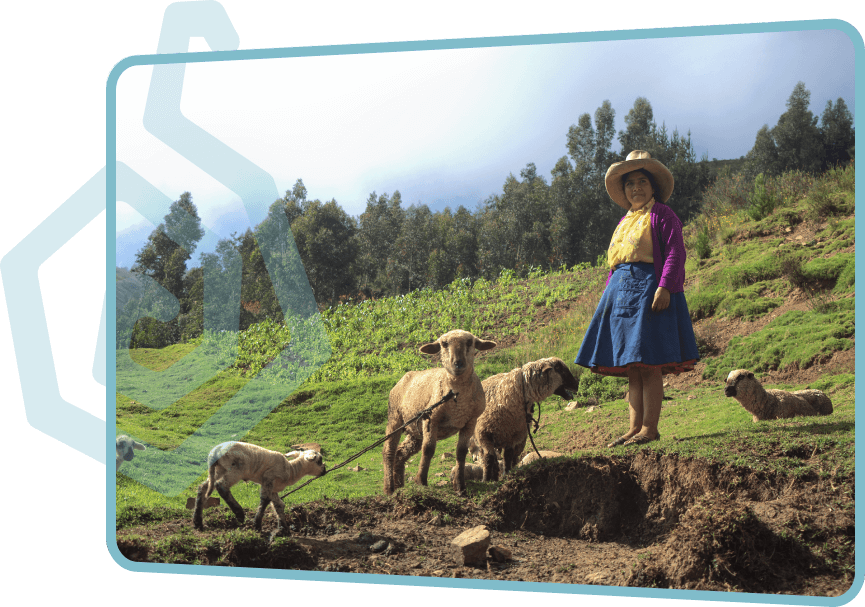
Program Goals
Install 40K certified improved stoves in vulnerable areas of the country by 2030.
Execute a technical and social sustainability strategy, in order to ensure the operability, good maintenance, acceptance and proper functioning of the kitchens by the year 2030.
Ensure a reduction in emissions between 400K and 750K tCO2e by 2030.
Program Phases
Program Actors
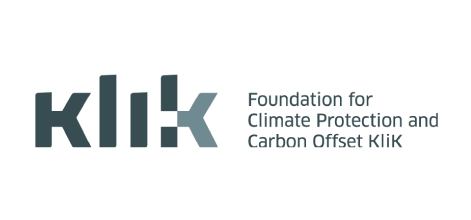
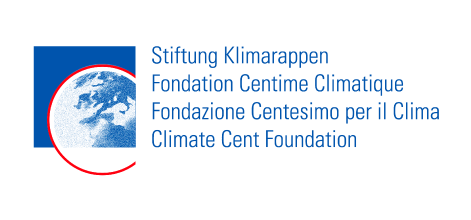
CCF and KliK They have the role of being the Financing Entities of the Program (EFP), the main interested parties in knowing the results of the program to achieve the generation and transfer of the ITMO.
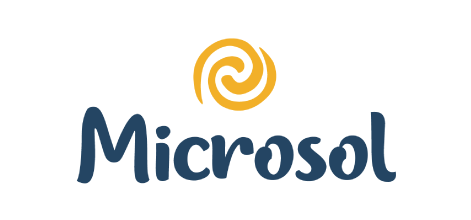
Microsol Its role is to be the Entity Responsible for the Program (ERP), in charge of monitoring and evaluating the implementation in the field. The latter, under a system of Monitoring, Reporting and Verification (MRV).

Ruru Tarpuy is a non-profit association dedicated to charity and social assistance, with its purposes and activities, within the framework of national priorities

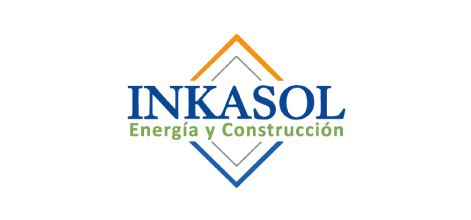
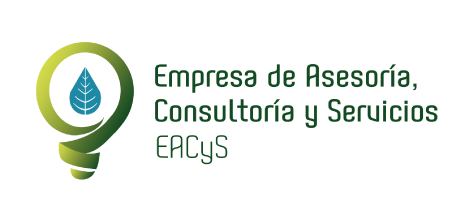
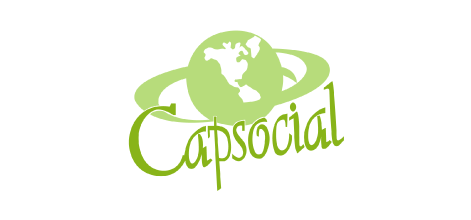
The Operators Their role is to be the Program Implementers (PI). Its function is to install the improved kitchens in areas that meet the requirements described in the bases, ensuring their proper use and maintenance over time.
Paris Agreement
It promotes voluntary cooperation between countries to promote sustainable development and limit global warming.